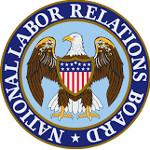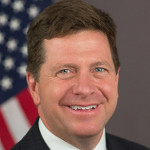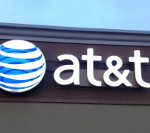 Thomas McVey, partner and chair of Williams Mullen’s International Practice Group, will lead a complimentary webinar on the latest International Traffic In Arms Regulations (ITAR) developments for government contracts executives.
Thomas McVey, partner and chair of Williams Mullen’s International Practice Group, will lead a complimentary webinar on the latest International Traffic In Arms Regulations (ITAR) developments for government contracts executives.
The event will be Wednesday, Dec. 13, 2017, at 1 p.m. Eastern time.
ITAR is an important area of regulation for government contractors, the firm says on its website. This includes firms in the defense, technical services, information technology, cyber-security, military training and DOD-funded R&D fields. These requirements often apply even if a company is not engaged in any exporting activities – often just performing activities in the U.S. can trigger ITAR obligations. The stakes are high – violations can result in criminal penalties of up to 20 years imprisonment.
The program will provide executives a clear overview of the law and an update on important recent developments.
Who Should Attend: CEOs, CFOs, COOs, in-house counsel, compliance personnel, operations directors and contracts administrators
Topic outline:
• How do I know if my company is subject to ITAR?
• Is my company required to register under ITAR
• Requirements for ITAR-controlled technical data and software
• Controls on defense services and Technical Assistance Agreements
• Requirements for dealing with foreign national employees and other foreign individuals
• Obligations of second- and third-tier suppliers; subcontractors and vendors
• Are we subject to ITAR if we only perform services for U.S. government agencies?
• Contracts with foreign military organizations
• How to develop an effective ITAR compliance program
• Requirements under DFARS §225.79 and 252.225-7048
• Recent data security requirements
• What to do if you discover a violation
Time has been allotted for a brief Q&A for the speakers to address questions from the audience.
Register for the webinar.
 Fortune is reporting that Southwest Airlines agreed to pay $15 million to settle nationwide antitrust litigation by passengers who accused the four largest U.S. carriers of conspiring to raise fares by reducing seating capacity.
Fortune is reporting that Southwest Airlines agreed to pay $15 million to settle nationwide antitrust litigation by passengers who accused the four largest U.S. carriers of conspiring to raise fares by reducing seating capacity.









